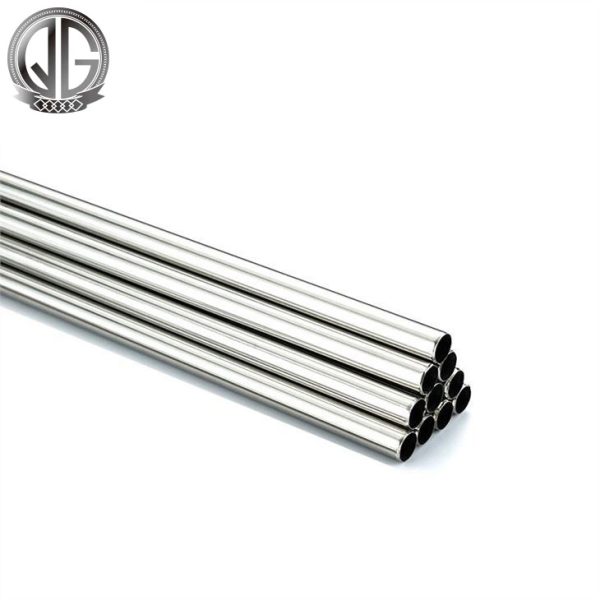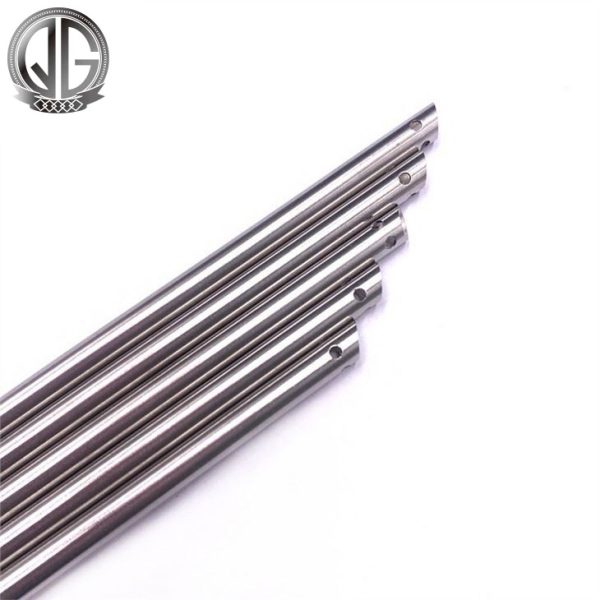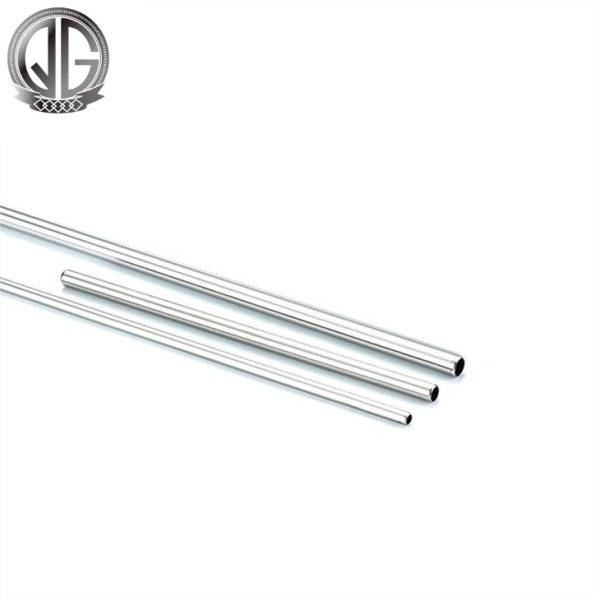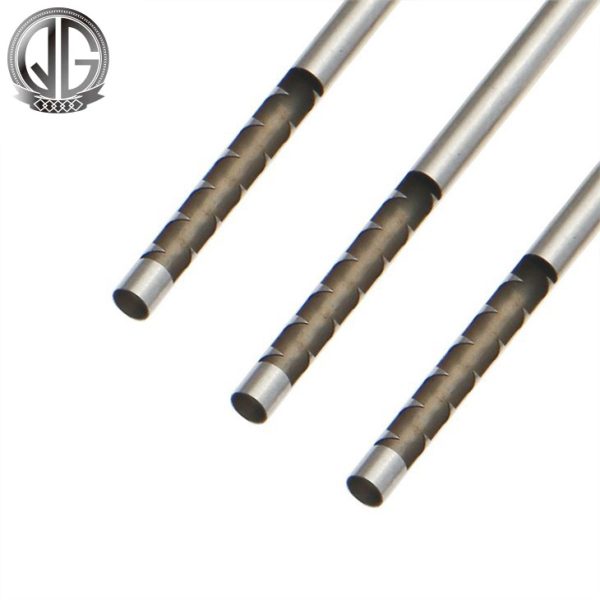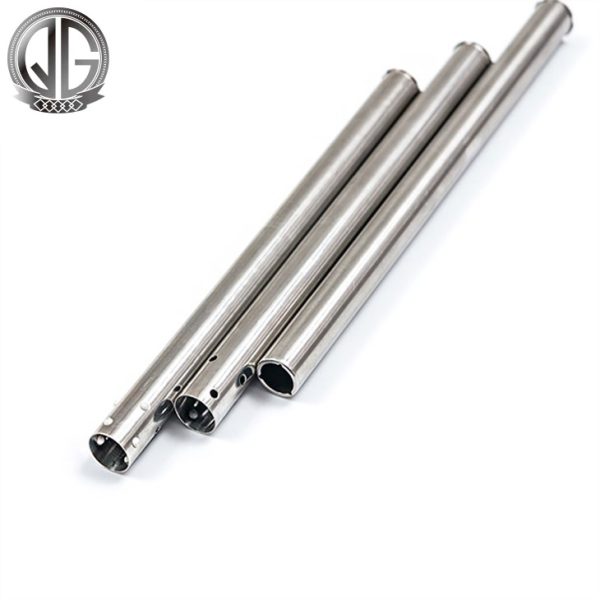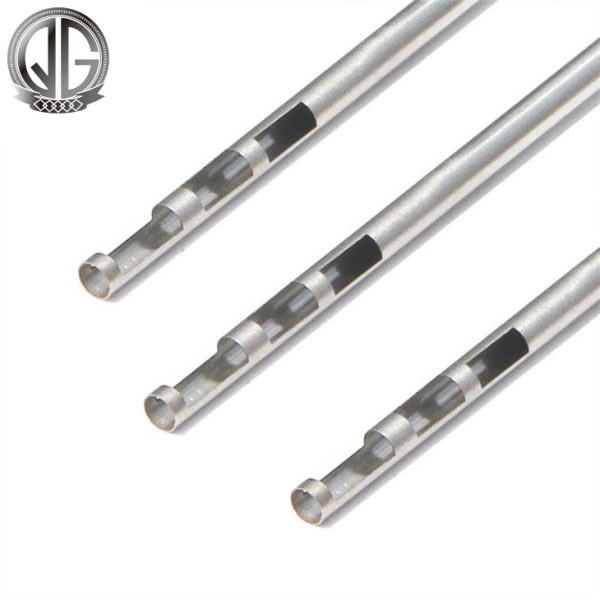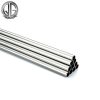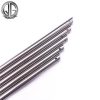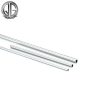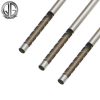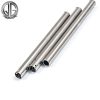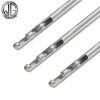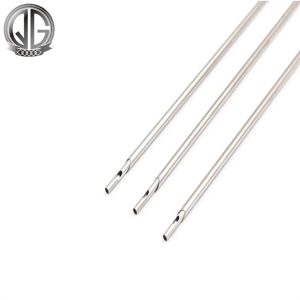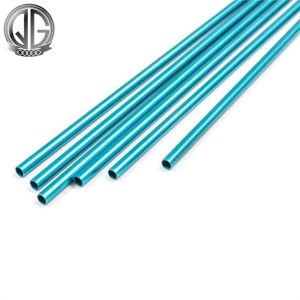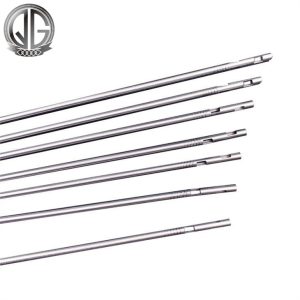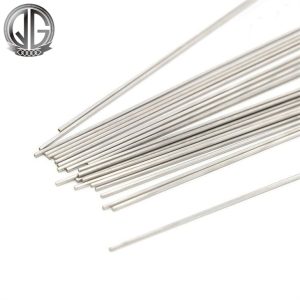Phone: (+86) 13420084030 Email: info@qg-metal.com
Stainless Steel Micro Tube Capillary Tube
Capillary is generally used for small freon refrigeration units below 20kW. Capillary tube is made of copper tube, length 1~6m, inner diameter 0.5~2mm. …
| Customization: | Available |
|---|---|
| Certification: | SGS, ISO9001 |
| Service: | OEM & ODM |
- Premium Quality
- Secure Payments
- Satisfaction Guarantee
- Worldwide Shipping
- Money Back Guarantee
Description
Product Specification
| Product name | Stainless steel micro tube capillary tube |
| material | Stainless steel 304, Stainless steel 316, etc. |
| Surface Treatment | Anodizing, Sandblasting, Painting, Powder coating, Plating, Silk Printing, Brushing, Polishing, Laser Engraving |
| Machining Option | Turning, grinding, milling, welding, bending, drilling, swaging, flaring, slot-cutting, stamping, deep-drawing, capping, beveling, etc. |
| Tube Shape | Custom round, oval, square, rectangular |
| Custom feature | According to your 2D/3D Drawing or sample provided |
| Package | Standard carton or according to customer’s requirement |
| Certification | ISO9001:2015, SGS |
Product Show
1. Capillary is generally used for small freon refrigeration units below 20kW. Capillary tube is made of copper tube, length 1~6m, inner diameter 0.5~2mm. Through a variety of combination of length and diameter can make it meet the requirements of different working conditions and different refrigerating capacity of refrigerant device, but after the capillary is selected and installed, it can not be changed with the load change, in order to make the refrigeration device in most of the time high efficiency operation, The selection of representative design conditions is extremely important.
2. Although capillarity is of great help to the water absorption of plants, capillarity also has a negative effect on agricultural production. There are many capillary tubes in the soil, along which underground water often rises to the surface. If underground water is to be preserved, the soil above the ground should be hoed and the capillaries in the soil surface destroyed to reduce evaporation of water.
3. When building a house, there are many and fine capillaries in the smashed foundation, which will draw up the water in the soil and make the room damp. Linoleum is spread above the foundation when building a house to prevent the dampness caused by capillarity.


